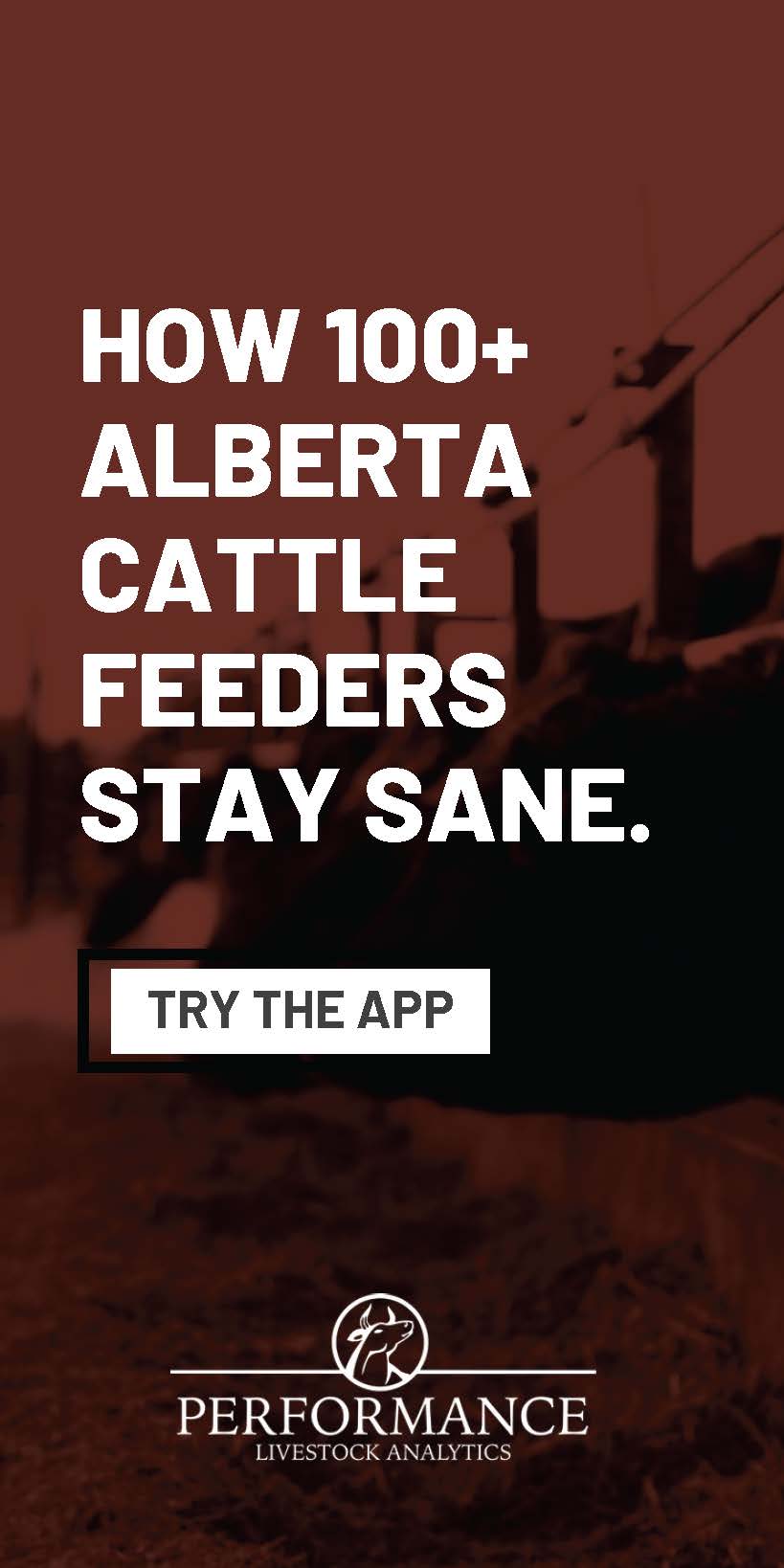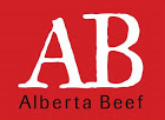Lori Sigurdson, Alberta’s new labour minister, announced recently that Alberta’s agriculture industry should expect to be included in workplace safety legislation – but the extent of the changes are not yet known. The news isn’t really news – the industry has been working on this file for a long time.
“We were going to see action regardless of who won the election, but with this government, we are likely to see action more quickly and perhaps more broad legislative action than would have happened otherwise,” said Rich Smith, executive director of Alberta Beef Producers (ABP). “There are nine provinces where farm and ranch workers are covered by their occupational health and safety act, and one where they’re not and that’s not a sustainable position.”
On the surface, it may seem like an egregious oversight, but the situation is a little more complicated than that. For instance, farm work by its very nature is considerably different than standard work, and often times, the workers are all family members. However, farm accidents do happen, and tragically, they can sometimes involve children who are helping their parents. In fact, such accidents are common enough to have prompted farm safety programs to be delivered within rural schools in Saskatchewan and Alberta. Enacting legislation would, at a minimum, allow the government to investigate, report and keep statistics on farm accidents.
“If you bring workers under the Occupational Health and Safety Act, then the government has the ability to investigate fatalities and serious incidents, and we believe they should have that ability,” Smith said.
However, Bryan Walton, CEO of the Alberta Cattle Feeders’ Association (ACFA), says government must be careful of defining what constitutes a farm accident – because even that can be complicated.
“We believe there should be good statistics, so that means we should be able to obtain this information from farm fatalities because is a rollover a farm fatality or is it an accident in a rural area? So some things that are defined as farm accidents (such as) a drowning – is that a farm accident? Or a rural kid that unfortunately stumbles into a dugout? How would we define a kid that drowns in the city – a city accident?” Walton asked.
Having solid statistics is important because those types of figures can be used to assist in the development of insurance rates – which will almost certainly be part of the new legislation expected to come down this fall.
“There are four pillars of labour legislation – occupational health and safety, insurance, employment standards – which is hours of work, young workers, wages, and vacation time – and then there is labour relations and collective bargaining,” Smith explained. “We expected the first two (tiers) and we recognize that those are probably where the greatest priority, both politically, but also logically, are.”
The Workers Compensation Board (WCB) is the provincial entity that provides employers insurance should workers experience an injury or fatality. And currently, even though agriculture isn’t covered under provincial labour law, farm employers can choose WCB for their workplace insurance. However, many agriculture employers choose to use other private insurance companies.
“We believe that the workforce should be covered. Everyone around my table looks after it. It’s primarily private,” said Walton, who emphasized the government should be concerned about the outcome of insurance more so than the method.
“What’s the outcome? The outcome you want is that the worker is covered, he has the comfort knowing that if he is injured, he will be compensated for his time off, that if there’s a death, the family of the individual has coverage, and that in the case of an injury, they’re back to work as soon as they are able. So if it’s a forced WCB program, we object to that, but we are definitely keen on preventing injuries, accidents and deaths on feedlots,” Walton said.
Currently, it isn’t mandatory for agricultural employers to carry insurance for their workers, and if a worker is injured at a non-insured work place, he/she is only left with the option of suing the employer for compensation. A mandatory requirement of insurance would alleviate that problem, but most agriculture employers are hoping to retain the option of carrying private insurance as an alternative to WCB.
Both Smith and Walton stress the need for an industry and government partnership that uses a framework of collaboration to carve out agricultural employment standards.
“We want the government to work with us so that when the farm and ranch workers come under the act, we have the ability to work with the government to develop the actual practices and regulations that would become the standards, so we don’t automatically shove agriculture under a bunch of regulations that have been developed for other industries, and aren’t appropriate for our industry,” Smith explained.
Walton said the ACFA has been working on a farm safety training program for its members which is almost ready to roll out.
“The prevention side is where you have to start – prevent the injury, prevent the death,” he said.
Smith agrees. “Ultimately, legislation isn’t the answer to improving health and safety. The answer is education, training, awareness, creating a culture of safety – that’s what makes places safer,” he said. “Nobody wants workers to be hurt. Nobody wants unsafe work places – that’s not good for anybody.”



